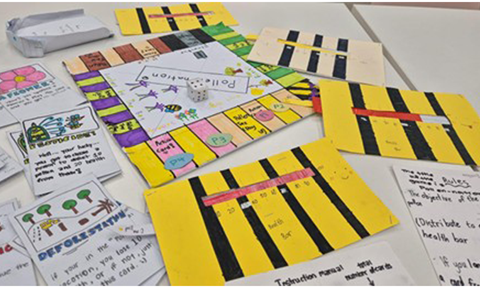Researchers from SoLEC and PESS publish a journal article on cognitive and affective factors for learning
Research shows that physical exercise can have acute positive effects on cognitive and affective factors important for learning. However, when it comes to Physical Education (PE) in school, there are some conflicting observations suggesting that students can be more distractable on days with PE. Given the limited research into acute exercise effects in real school settings it is largely unclear how PE lessons can influence student learning across the day.
NIE researchers from the Science of Learning in Education Centre (SoLEC) and Physical Education and Sports Science Academic Group (PESS AG), Dr Jack Fogarty, Education Research Scientist, Assoc Prof Alicia Goodwill, Dr Aik Lim Tan, Research Fellow, and Dr Jessica Tan, Research Fellow, addressed this in a recent study titled “Student arousal, engagement, and emotion relative to Physical Education periods in school” that was published in Trends in Neuroscience and Education. Using physiological wearables and questionnaires, this study mapped changes in secondary students’ arousal, engagement, and emotion across school days with and without PE lessons in the morning. The findings from this preliminary work indicate a ‘positive-then-negative’ effect of PE on student engagement, supporting acute positive effects of exercise shortly after PE lessons, but illustrating a significant drop in engagement towards the end of the school day, compared to days without PE. Physiological changes across the day and within typical classes may contribute to these effects, as students’ physiological arousal temporarily increased with PE, and then decreased across the remainder of the day. The journal article underscores the importance of considering acute and delayed effects of PE on learning throughout the school day and highlights the value of using wearables to trace student responses to lessons or activities, providing detailed insight that may guide the implementation of school activities or interventions.




.tmb-listing.jpg?Culture=en&sfvrsn=60db54e_1)


